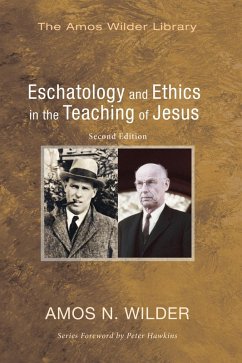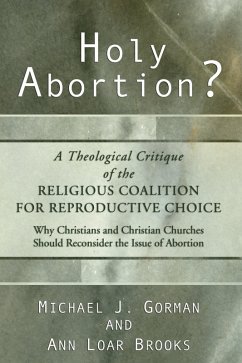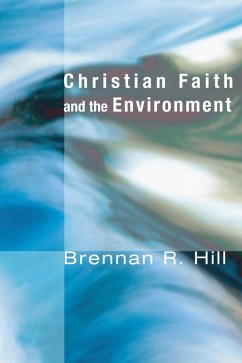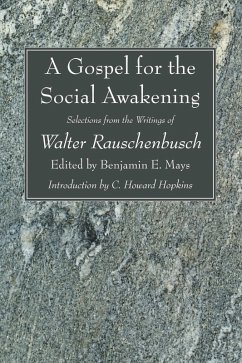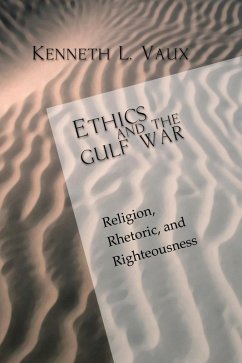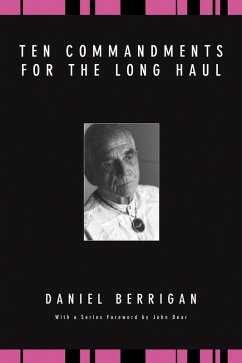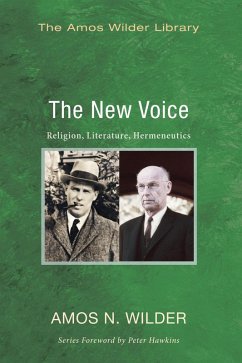In recent years, studies in the eschatology and ethics of Jesus have provoked an unusual interest among Bible students. When talking about the coming of the kingdom, did Jesus mean that there would be a divine intervention or a catastrophe? If so, were his ethical teachings intended for an emergency situation--interim ethics? This book provides an admirable introduction to eschatology in general. Dr. Wilder argues for an interpretation of the evidence that maintains the full significance of Jesus: that his eschatology, far from being a liability, represents a true disclosure of human destiny, and that there is no contradiction between it and his ethical principles, which are of permanent validity.
Dieser Download kann aus rechtlichen Gründen nur mit Rechnungsadresse in A, D ausgeliefert werden.

